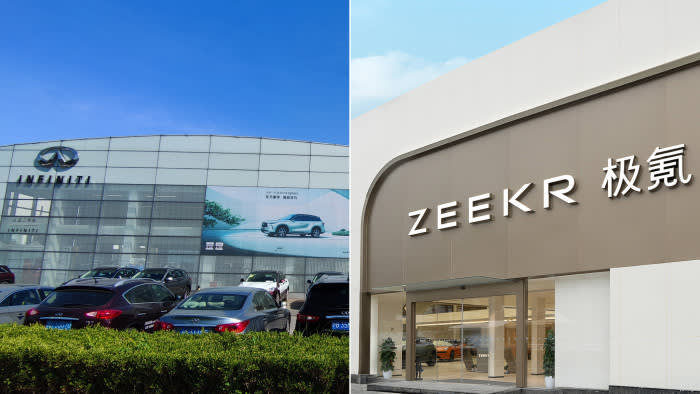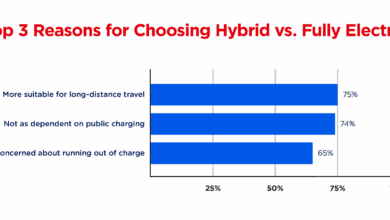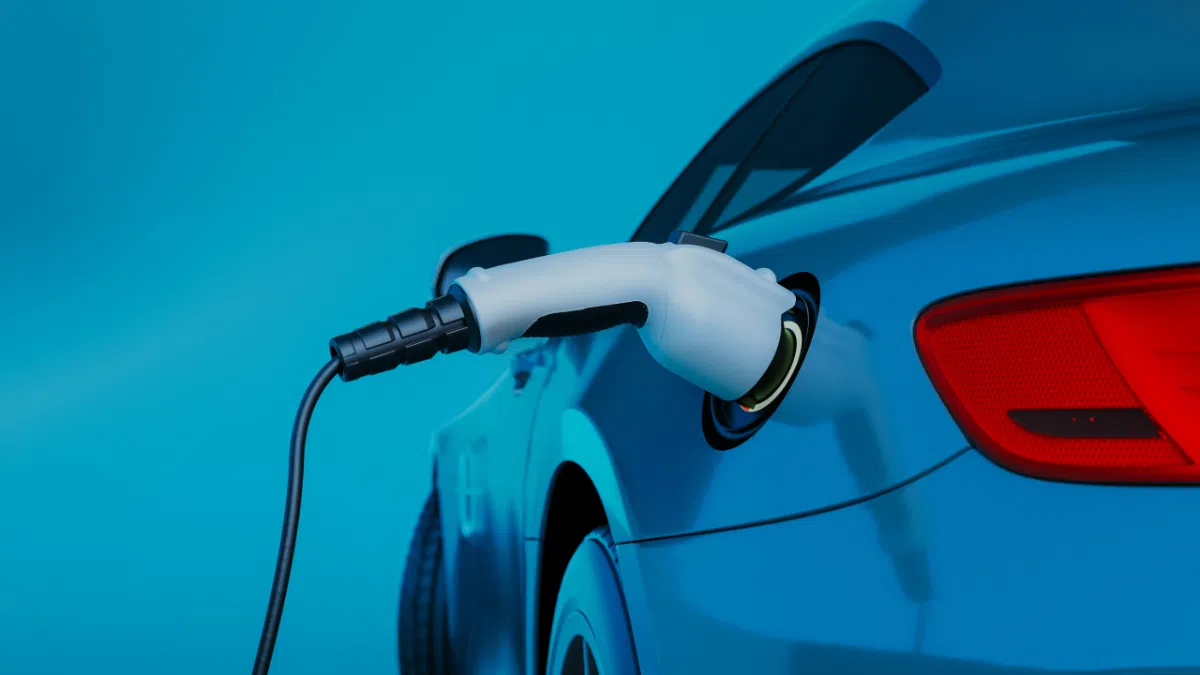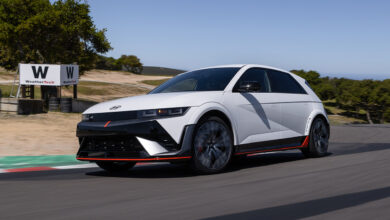China’s dealers ditch foreign-branded petrol cars for homegrown EVs

After a months-long makeover this year at a car dealership on the outskirts of Shanghai, the models of Japanese luxury marque Infiniti, part of Nissan, are gone from the forecourt.
Taking their place inside a sleek new showroom are sedans and sport utility vehicles produced by Zeekr, a premium electric vehicle sub-brand of Chinese carmaking conglomerate Geely.
The new Shanghai outlet is the second to be converted into a “Zeekr House” in the past year by Yongda Auto, China’s fourth-largest dealer chain by revenue. The other facility, located in the eastern city of Changzhou, previously distributed cars under the Roewe brand created in 2006 from the ruins of British carmaker MG Rover.
Yongda provides an on-the-forecourt example of the effects of China’s pivot from petrol-powered cars to greener vehicles. Chinese car dealers are ditching foreign brands slow to respond to the electric transition, while turning to homegrown EV makers that have been gobbling up market share at a blistering pace. Dealers are also adjusting to new ways of selling such vehicles.
“Profitability and sales figures of [Infiniti and Roewe] are declining annually,” said Sun Tianya, general manager of Yongda’s EV unit. “We’re closing down those lossmaking dealerships and quickly transforming them into [outlets for] EV brands we deem promising.”
The company had terminated business with several internal combustion engine-focused mid-range foreign brands, including Chevrolet, he added.
Haipeng Group, a regional dealer chain headquartered in the eastern province of Jiangsu, moved earlier than Yongda. It has been revamping its brand portfolio since 2021, shortly after the market penetration rate of EVs and plug-in hybrids in China surpassed 5 per cent.
Haipeng has shut down six dealerships selling foreign-branded internal combustion engine (ICE) cars and added 27 local EV brand stores to its sales network over the past three years. The group saw profits generated by its ICE car business drop 20 per cent in 2023 compared with the previous year, while its EV revenues more than doubled.
“If we had chosen to stay in the ICE car segment, our customer base would’ve shrunk by 30 per cent by now,” said Hu Pengcheng, president of Haipeng. “As a dealer, we need to adjust to the industrial change and learn how to ride the tide.”
The number of ICE car dealerships in China slid 2.7 per cent year on year in 2023, compared with a 17.2 per cent rise in EV dealerships, data from the China Automobile Dealers Association showed.
“[Foreign brands’] sales volume is declining by losing market share to Chinese battery electric vehicles,” said Stephen Dyer, partner and managing director at consultancy AlixPartners in Shanghai. “From their standpoint, they hope it doesn’t become a vicious circle where you have fewer dealers, so you get fewer sales, and then fewer dealers, fewer sales.”
Chinese dealers that still count ICE car sales as their main source of revenue have been suffering steep falls in profits.
Hong Kong-listed Chinese dealer chain Sunfonda Group, which only operates one EV outlet out of 43 dealerships, reported a 41.3 per cent drop in gross profit in 2023, citing the “macroeconomic environment” and “fierce competition” in the car market.
Infiniti, Roewe, Chevrolet and Sunfonda did not respond to requests for comment.
“Everyone is cutting prices . . . amid industry-wide overcapacity,” said Zhang Xiang, a car analyst with the World Digital Economy Forum. “Enormous inventory pressure has forced dealers to sell cars at a razor-thin margin or even at a loss.”
Dealers have also had to adapt to changing business models for selling cars. The new EV makers began by cutting them out with direct-to-consumer sales as pioneered by Tesla but quickly found they were burning too much cash to grow their networks.
Now the trend is to work with dealers to expand their sales channels.
“Smaller EV companies . . . are not going to get infusions of new equity like they were a couple of years ago,” said Daniel Kollar, an automotive expert at consultancy Intralink. “They don’t have access to capital. They don’t have the ability to build up aftersales. And it’s expensive to maintain these marketing networks.”
“So they have to rely on these partners to ensure that they’re able to engage properly with customers,” he added.
Prominent EV maker Nio, famous for its lavish customer service and direct-to-consumer model, is reportedly planning to partner with dealers to build sales networks for its new budget brand Onvo. The company told the Financial Times it was sticking with direct-to-consumer sales for Onvo and refused to comment on the reports.
Meanwhile, Zeekr and its rival Xpeng’s dealer partnerships differ from the traditional franchise model, in which car dealers have to buy their inventory from the manufacturers but have pricing flexibility.
Xpeng pays dealers a commission based on a fixed percentage of the sales price of each vehicle under a “sales agent” model. Zeekr only rents space from dealers and puts in its own customer service personnel in the Zeekr Houses to manage sales, deliveries and financing.
Both brands also give dealers the right to provide car repair services for their customers.
“The pure direct-to-consumer model requires 100 per cent of the investments to come from us, which will slow down the speed [of our expansion],” said Jason Lin, a vice-president of Zeekr overseeing its sales channels. “We need to balance costs.”
“What we are seeing is companies making trade-offs. They have direct-to-consumer stores and pivotal areas where they’re trying to build the brand and the sales that can support it,” said Dyer from AlixPartners. “I would envision a hybrid network in most car companies in the future. There may be some exceptions, but it’s the cost-effective way to do it.”



